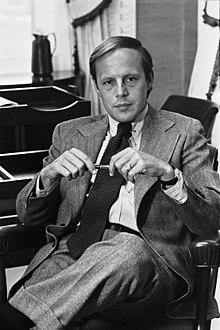


How Lawyers Can Minimize Professional Mistakes During a Scandal Like That at Penn State
[By Stephanie York, JD, Hennes Communications]
“What were they thinking?” That’s what we all ask when a big scandal unfolds, such as Penn State, Enron, Watergate and most recently, the Michigan State sex abuse scandal. Those on the outside are left scratching their heads, wondering how those huge institutions got so deep and so far into committing multiple misdeeds, criminal actions and cover-ups over such a long period of time, without someone stopping it. Where was the President? Where was the CEO? And, and where the heck were the attorneys?
The answer, according to John W. Dean, a Justia columnist and former counsel to President Nixon, resides in how people deal with losing situations, and how the mind is biased towards concealment in those “loss frames.” For instance, Dean surmises in this article that when faced with a losing situation, people in those situations make inherently bad and irrational decisions, in an effort to keep themselves from getting in trouble – call it self-preservation, or stupidity, either way it just doesn’t work in the long run. And, many attorneys and professionals can get caught up in these scandals, that they never initiated or participated in, but, as time went on, became embroiled in the cover-up.
So, how can attorneys and other professionals avoid this so-called “cognitive bias toward concealment?” They can, immediately upon realizing that they are in a “loss frame” situation, seek an outside perspective. Someone external to the institution or distanced enough from the players in the loss frame, that they can objectively and rationally analyze the situation and make decisions accordingly.
We, at Hennes Communications, do this all the time for clients, who are in tough, sometimes scandalous, situations. We provide the outside perspective of one who isn’t emotionally attached to the players – just what is best for the institution as a whole. In coming to us, we counsel, as we always do, that telling the truth, telling it first, telling it fast, and telling it all, is truly what works. It propels the institution from bad to good; from concealment to transparency; and from villain to vindicator.
To read Part II of John Dean’s piece, click here.
To read Part I, which we ran a few issues ago, click here.